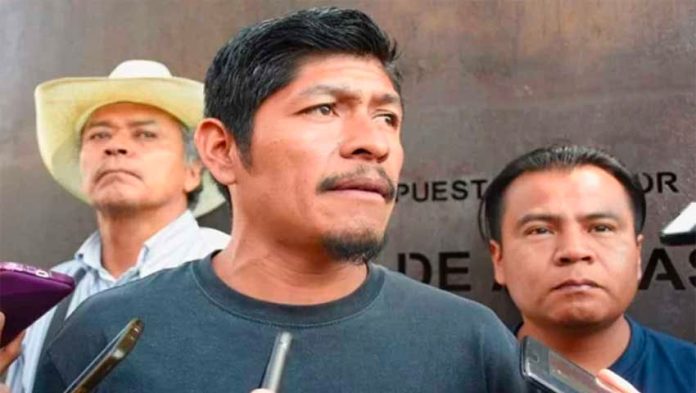The Senate has ratified the first regional treaty in the world that explicitly links human rights protections with environmental ones with provisions that protect the rights of environmental defenders and promote greater access to justice.
The Escazú Agreement is a means to guarantee a safe environment in which individuals, groups and organizations that promote and defend human rights related to the environment can act without facing threats, restrictions, attacks or danger, according to the human rights organization PBI Mexico.
Its ratification may be timely. Since 2016, 879 socio-environmental conflicts have been identified in Mexico largely surrounding hydrocarbon extraction, hydroelectric, and mining projects. In 2019 alone, 15 environmental defenders were murdered in the country.
The treaty has now been ratified by 11 countries and will enter into force 90 days from the Senate’s signing.
Mexico has been a strong proponent of the Escazú Agreement and was the first to sign it at the United Nations in 2018. The ratification process had been stalled, however, as a result of delays by the defense and finance ministries to grant approval.
The treaty can already be applied at the national level, said Andrea Cerami, human rights coordinator at the Mexican Center for Environmental Law (CEMDA).
He said the treaty offers new legal tools that civil society can use to push back against alleged environmental threats of megaprojects being implemented by the administration of President López Obrador.
For example, one article dictates that before obtaining environmental authorizations, governments must ensure the public’s right to information and “open and inclusive participation” in decision-making processes regarding development plans and activities that impact the environment and human health.
The public must be informed about the type of environmental decision under consideration, its main environmental impacts, the nature of the process involving public participation, and the authorities responsible for decision-making.
The treaty also guarantees the right of access to justice for environmental defenders through provisions like the reversal of the burden of proof and redress mechanisms like financial compensation.
According to some experts, Mexico is one of the only countries in Latin America that already has a regulatory framework favoring environmental defenders. But scarce resources and poor communication between different government agencies have limited those existing protections. They are also chiefly reactive in nature in that they focus on reacting to threats against defenders, said Cerami.

The government’s Maya Train project is one example of a megaproject whose public consultations have been questioned.
In 2018, the United Nations special rapporteur on the rights of indigenous peoples reported that while the government offered consultations to indigenous communities regarding projects that would affect them, they did not meet international standards, they occurred only after projects had been executed, and were inconsistent with indigenous cultural norms of decision-making.
Though the Senate’s ratification of the Escazú Agreement represents a new commitment to providing more appropriate consultations, Cerami warns that if the government does not exert political will and allocate the necessary resources for the treaty’s enforcement, the Escazú will be ineffective.
He says Mexico‘s consultations to date have not complied with the international obligations it already has as a member of the UN, the Inter-American Commission on Human Rights, and the International Labor Organization. And there is still no domestic legislation that guarantees a right to consultation.
“When it comes to violence in indigenous territories or communities where large projects are located, the common denominator is the granting of permits or concessions without consultation and free, prior and informed consent,” said the Inter-American Commission on Human Rights in 2015. This practice “tends to trigger social conflicts and ultimately generate violence, and even claim lives.”
Last year, members of the National Indigenous Congress and the Zapatista Army of National Liberation called the government’s consultations on the megaprojects “deceitful” in that they attempted to supplant their “collective will while ignoring and offending our forms of organization and decision-making.”
Samir Flores, a Náhuatl environmental activist, was murdered last year, presumably for fighting the opening of a thermal power plant and construction of a gas pipeline in Morelos. In that case, the consultation with the affected communities was scheduled after construction of the power plant was virtually complete.
Mexico News Daily
